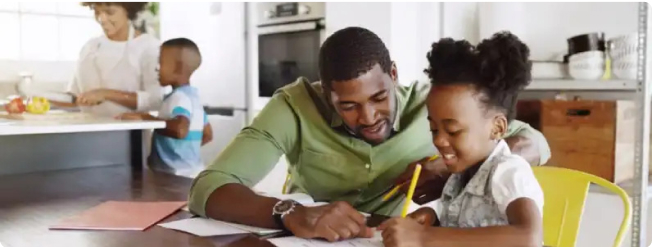Find out if you could be a foster carer
In a few simple questions, you’ll know if you’re suitable to apply to become a foster carer.
A recent study has shown that there are many commonly-held assumptions preventing people from seeking to become foster carers. With so many misunderstandings stopping people from applying, it is unlikely that the current shortfall in available carers will improve, so we would like to clear up some of the myths surrounding fostering.
Many foster children go on to be hugely successful in a whole range of careers. In fact, a number of famous stars have spent time in care or the foster system. Here are ten movers and shakers who were fostered or adopted before going on to take the world by storm.
In 2012 taking into account views of children, young people and foster carers Ofsted made improvements to their inspections of fostering services.
We are delighted to be working in partnership with AC Education, a leading online training provider in the UK, in meeting all your E-Learning training needs.
The National Fostering Agency, based in Uxbridge, with offices throughout England, Wales and Scotland has become the first independent fostering agency to be presented with the LILAC award (Leading Improvements for Looked After Children) by the national care leavers' charity, ‘A National Voice’.
For the first time, the National Fostering Agency took the decision to become involved in the ‘Best Companies Survey’ published in the Sunday Times.
Heath Farm has been awarded an Outstanding judgement across all categories in an Ofsted inspection, carried out under the Care Standards Act 2000.

